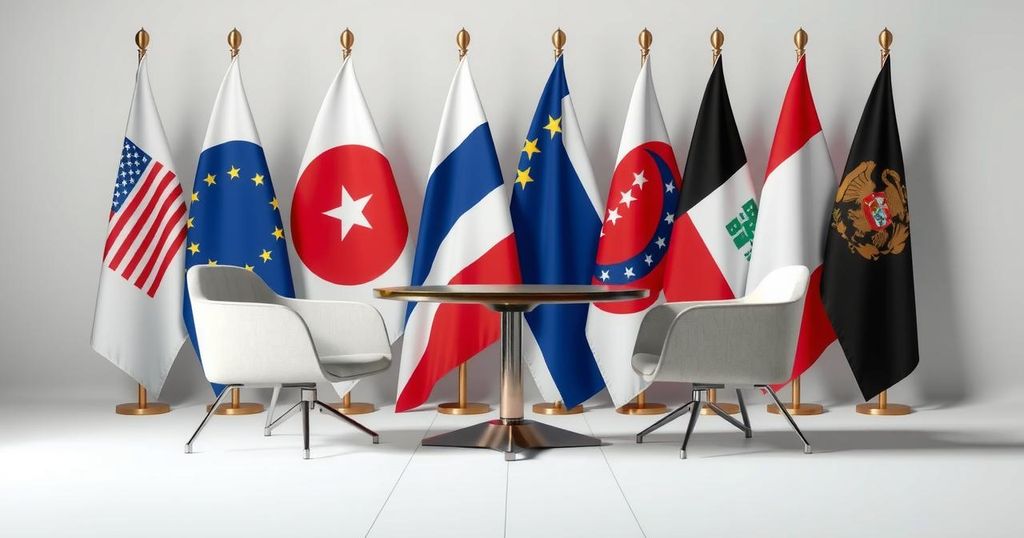Arsenal is criticized for not meeting with DRC’s Foreign Minister Wagner regarding its sponsorship deal with Visit Rwanda. The visit aimed to raise concerns over Rwanda’s support for the M23 militia in Congo. The lack of engagement has sparked outrage, especially given similar actions taken by other clubs facing scrutiny over their links with Rwanda.
Arsenal Football Club faces criticism for allegedly snubbing the DRC’s foreign minister, Thérèse Kayikwamba Wagner, by failing to meet with her during her visit to London. The minister sought to discuss the club’s sponsorship deal with Visit Rwanda amid concerns about Rwanda’s backing of the M23 militia in Congo. Despite Arsenal’s significant fan base in Africa, Wagner stated that the club did not respond to her outreach regarding the meeting.
United Nations reports indicate that up to 4,000 Rwandan troops have been active alongside M23 forces in eastern DRC, a claim Rwanda has continually denied, asserting that its military has not crossed into Congolese territory. Wagner expressed disappointment, noting that the club’s absence was perceived as a dismissive gesture towards the significant support Arsenal receives from Congolese fans. In contrast, Bayern Munich, which has a similar sponsorship arrangement, actively engaged with Rwanda concerning the ongoing instability.
Wagner criticized the sponsorship deal with Visit Rwanda as “bloodstained” and called for Arsenal’s owners to reconsider their partnership, which is valued at £10 million per year and has been in effect since 2021. Her concerns over Rwanda’s military actions were underscored by her visit to London, during which she sought discussions with Arsenal. Reports indicate that Rwandan forces have been implicated in escalating violence in eastern Congo, contributing to a humanitarian crisis displacing approximately 700,000 people this year alone.
The European Parliament has initiated discussions regarding potential sanctions on Rwanda, urging the European Union to withhold direct budget support until the country ceases its relationship with the M23 rebels. Additionally, UK Foreign Secretary David Lammy highlighted the risk that Rwanda’s military involvement poses to global aid, emphasizing the need for a more assertive response to President Kagame’s actions.
In light of developing situations, Wagner has been exploring a range of responses, including sanctions, to address the conflict’s implications. She pointed out the ongoing violence and resource exploitation in the DRC that needs immediate attention. Other football clubs, including Paris St-Germain, face similar scrutiny over their partnerships with Rwanda amidst calls for a reassessment of such relationships.
Moreover, the DRC has urged Formula One to reassess its dealings with Rwanda, cautioning against potential reputational damage due to associations with controversial governance practices. Arsenal’s sponsorship began in May 2018, and its branding is prominently displayed across multiple platforms related to the club. Despite attempts to engage, Arsenal remains non-responsive to requests for further commentary regarding these pressing issues.
In summary, Arsenal Football Club is facing backlash for not engaging with the DRC’s foreign minister regarding its sponsorship deal with Visit Rwanda amidst serious allegations of Rwanda’s military conduct in Congo. The lack of response has raised concerns about how the club navigates its relationships in light of international humanitarian crises. Other football clubs are also under pressure to reconsider similar partnerships, reflecting a broader call for accountability in international sports sponsorships.
Original Source: www.theguardian.com




